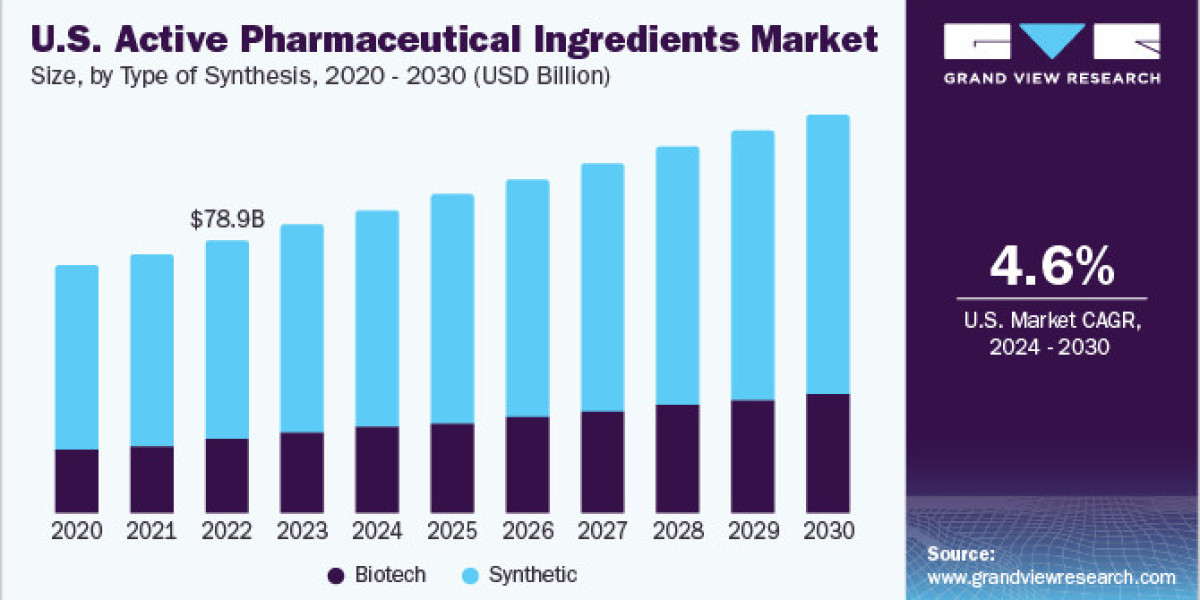In recent years, the stock market landscape has undergone a significant transformation with the emergence of artificial intelligence (AI) technologies. These advancements have revolutionized the way trading is conducted, offering unprecedented opportunities for investors and traders alike. Leveraging AI in stock trading has become increasingly popular due to its ability to analyze vast amounts of data, identify patterns, and execute trades with remarkable precision and speed. Let's delve into how AI is reshaping the stock trading landscape and the opportunities it presents.
Data Analysis and Prediction:
AI algorithms are adept at processing vast amounts of financial data from various sources including news articles, social media, financial reports, and market trends. By analyzing this data, AI systems can identify patterns and trends that humans may overlook, enabling more accurate predictions of stock price movements. Machine learning models can continuously learn and adapt to changing market conditions, enhancing their predictive capabilities over time.
Risk Management:
AI-powered trading systems can assess and manage risk more effectively by analyzing historical market data and identifying potential risks. These systems can automatically adjust trading strategies in response to changing market conditions, helping to minimize losses and maximize returns. By incorporating risk management algorithms, AI traders can optimize portfolio diversification and allocation strategies to mitigate risks.
High-Frequency Trading:
AI algorithms are well-suited for high-frequency trading (HFT) due to their ability to execute trades at lightning speed. HFT involves executing a large number of trades within milliseconds to capitalize on small price discrepancies. AI-powered HFT systems can identify and exploit market inefficiencies more efficiently than traditional trading methods, potentially generating higher profits.
Sentiment Analysis:
AI can analyze sentiment from news articles, social media posts, and other sources to gauge market sentiment. By understanding investor sentiment, AI traders can anticipate market movements and make informed trading decisions. Sentiment analysis can help identify market trends and sentiment shifts before they are reflected in stock prices, providing a competitive edge in trading.
Algorithmic Trading Strategies:
AI enables the development of complex trading algorithms that can automatically execute trades based on predefined criteria. These algorithms can incorporate various technical indicators, fundamental analysis, and machine learning models to identify trading opportunities. Algorithmic trading strategies can be backtested using historical data to assess their effectiveness before deployment in live trading environments.
Portfolio Optimization:
AI algorithms can optimize portfolio construction and rebalancing strategies to maximize returns while minimizing risk. By considering factors such as correlation, volatility, and expected returns, AI-powered portfolio optimization tools can create more resilient portfolios. These tools can adapt portfolio allocations dynamically in response to changing market conditions, ensuring optimal performance over time.
Automated Execution:
AI trading systems can automatically execute trades based on predefined rules and parameters, eliminating the need for manual intervention. Automated execution reduces latency and human errors, resulting in faster and more efficient trading operations. Traders can set up rules for entry and exit points, position sizing, and risk management, allowing for disciplined and systematic trading.
Market Surveillance and Compliance:
AI technologies can assist in market surveillance and compliance by monitoring trading activities for suspicious behavior and regulatory compliance. These systems can detect anomalies, such as insider trading or market manipulation, more effectively than manual monitoring methods. By ensuring adherence to regulatory requirements, AI helps maintain market integrity and investor confidence.
Conclusion:
The integration of AI into stock trading has ushered in a new era of opportunities for investors and traders. By harnessing the power of AI algorithms for data analysis, prediction, risk management, and automated execution, market participants can gain a competitive edge and unlock new avenues for profit generation. However, it's essential to recognize that AI trading is not without risks, and careful consideration must be given to factors such as model accuracy, data quality, and market volatility. Nevertheless, with proper implementation and oversight, AI-powered trading holds the potential to reshape the future of the stock market and drive innovation in the financial industry.















